Smart cane helps guide the visually impaired
The cane uses ultrasound to detect obstacles and pairs with smartphones
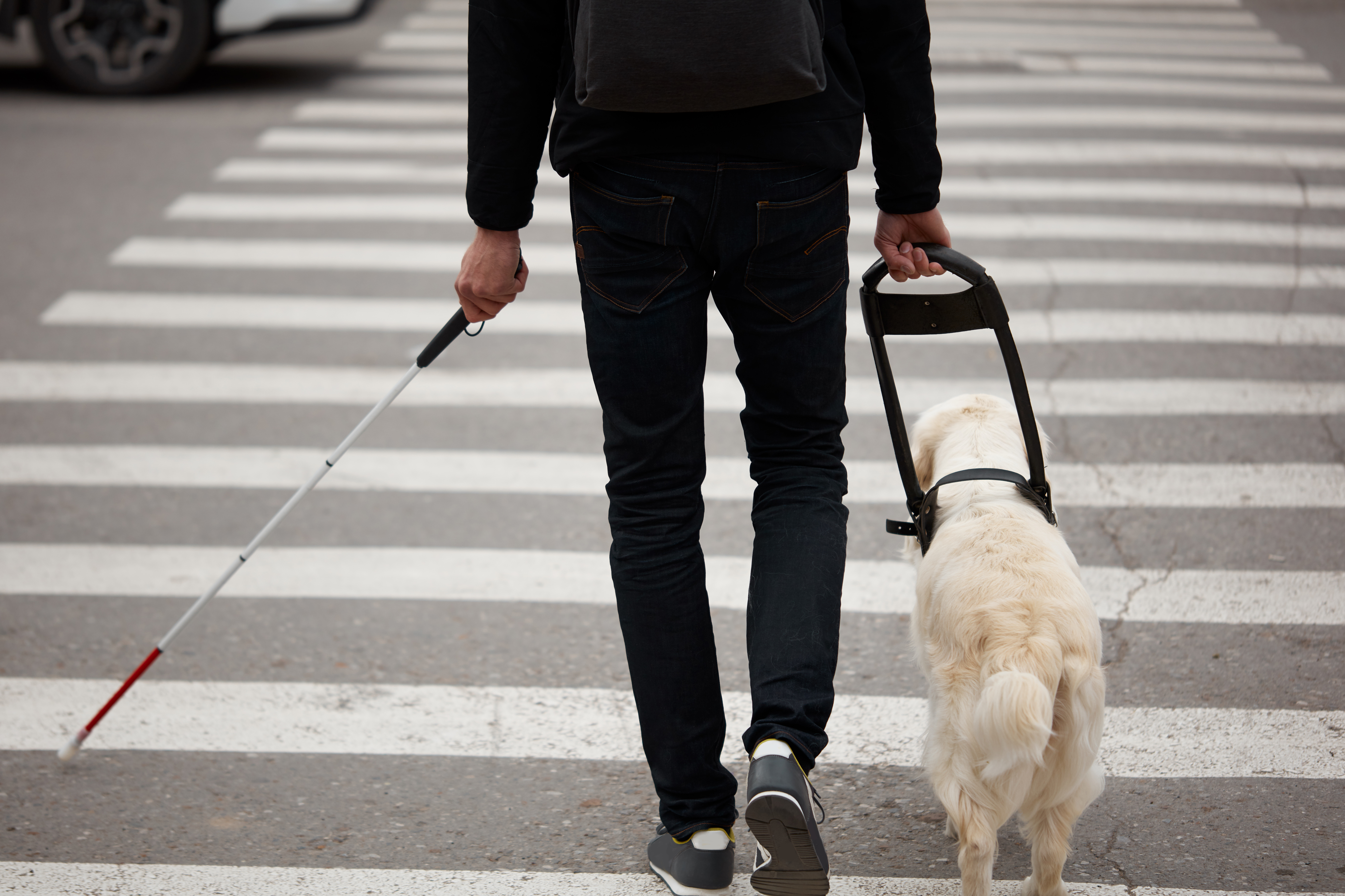
The canes used by visually impaired people are getting a high-tech makeover.
A new “smart cane” detects obstacles with ultrasound, but that’s not all. Users can also pair the cane with a smartphone to give them information about shops and restaurants they’re passing.
This state-of-the-art cane is the work of Kursat Ceylan, a Turkish inventor who was born blind.
Ceylan, 35, was inspired to invent the smart cane after being injured three years ago in an accident that left him scarred.
Ceylan was visiting New York for a United Nations meeting and was struggling to navigate the city streets. He was checking GPS directions with his smartphone while also holding his white cane and pulling a suitcase behind him when he hit his head on a sign.
After the injury, Ceylan helped found WeWALK, a tech company that created an electronic handle for the top of a cane. The handle uses ultrasound to detect obstacles and pairs with a smartphone to give voice feedback and help keep its visually impaired user safe and informed.
“We are providing an opportunity to visually impaired people to be a part of the social life,” Ceylan told Reuters at the Mobile World Congress in Barcelona, where his company is competing for the title of “best impact startup.”
Get the ITPro daily newsletter
Sign up today and you will receive a free copy of our Future Focus 2025 report - the leading guidance on AI, cybersecurity and other IT challenges as per 700+ senior executives
Thousands of visually impaired people in nearly 60 countries use his company’s $599 foldable cane, Ceylan said. He added that WeWALK is collaborating with Microsoft and other companies to add more features.
“As you know, we are thinking about fully autonomous vehicles,” Ceylan said. “WeWALK is a device to provide a fully autonomous blind journey to visually impaired people.”
Recently, many technological advances have been harnessed to help visually impaired and blind people navigate the world.
Last year, the cloud communications platform Twilio revealed it’s powering Be My Eyes, an app for the visually impaired.
Be My Eyes pairs cameras and video chat to help 178,000 visually impaired people get help from more than three million volunteers. For example, the user can point the camera at a sign, document, or even food packaging so the remote volunteer can read it out.
The chat function can also be used with companies that support the app, including Microsoft, Google and Lloyds Banking, making it easier for visually impaired people to get help using their services.
-
 Bigger salaries, more burnout: Is the CISO role in crisis?
Bigger salaries, more burnout: Is the CISO role in crisis?In-depth CISOs are more stressed than ever before – but why is this and what can be done?
By Kate O'Flaherty Published
-
 Cheap cyber crime kits can be bought on the dark web for less than $25
Cheap cyber crime kits can be bought on the dark web for less than $25News Research from NordVPN shows phishing kits are now widely available on the dark web and via messaging apps like Telegram, and are often selling for less than $25.
By Emma Woollacott Published
-
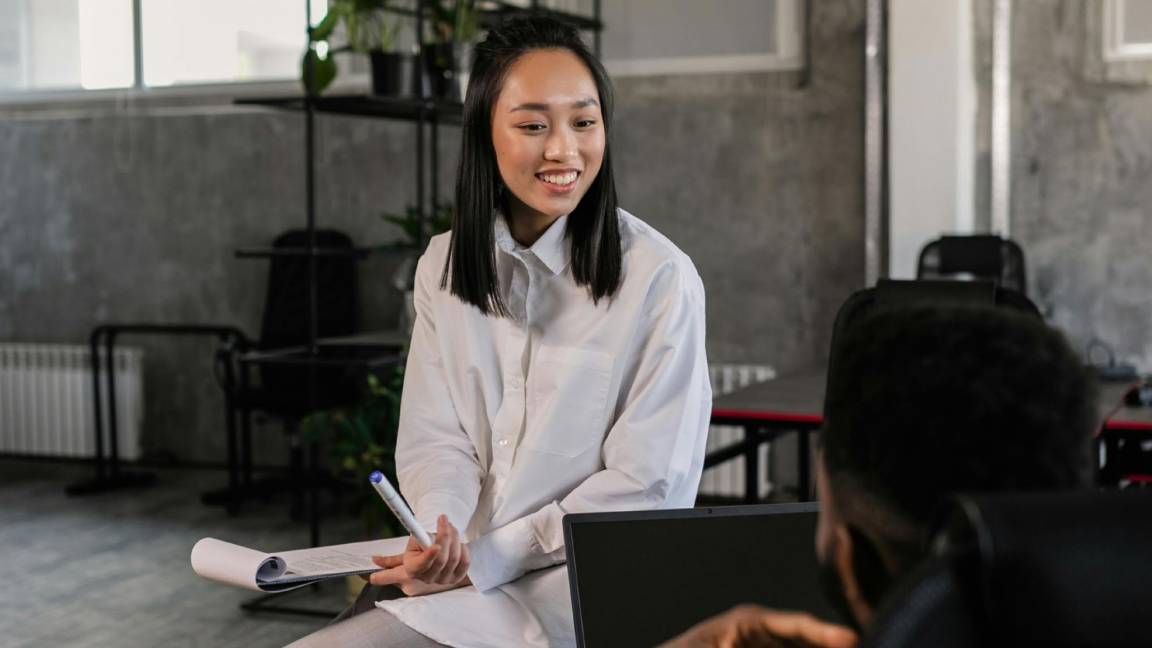 Fuelling growth through transactions
Fuelling growth through transactionswhitepaper Prepare for the future of payments with flexible solutions
By ITPro Published
-
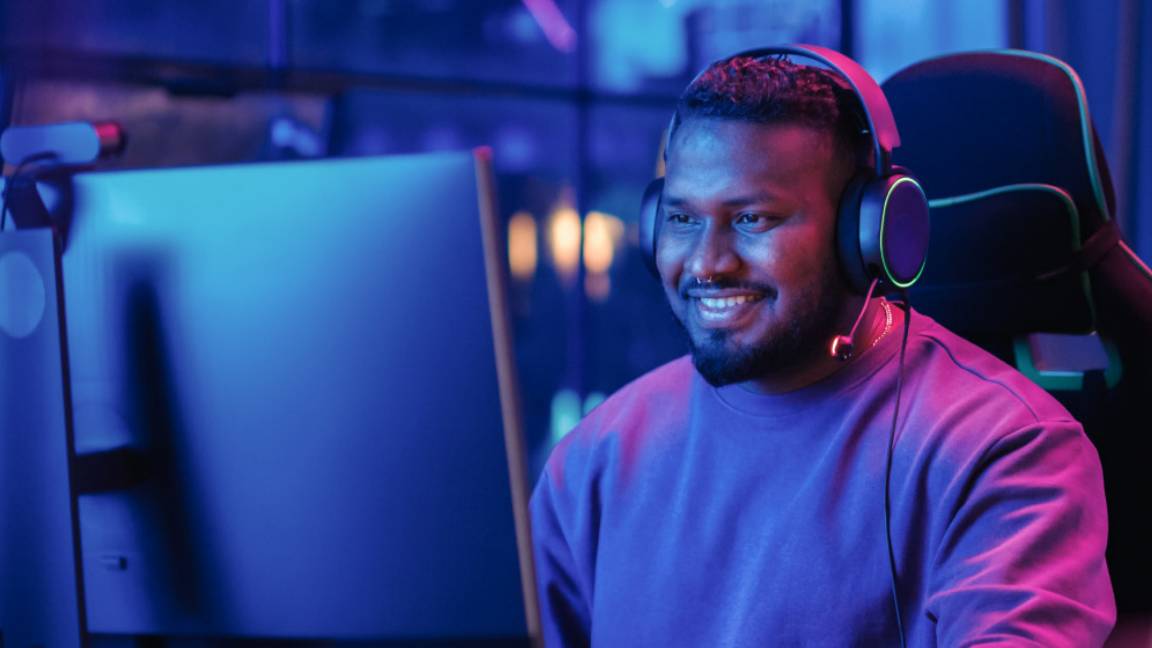 Monetization strategies for digital content creators
Monetization strategies for digital content creatorswhitepaper An overview of the economies of forex markets in Latin America and what payment providers need to know to enter the region
By ITPro Published
-
 AMD Ryzen™ PRO processors and Windows 11 Pro
AMD Ryzen™ PRO processors and Windows 11 Prowhitepaper Better together for enterprise
By ITPro Published
-
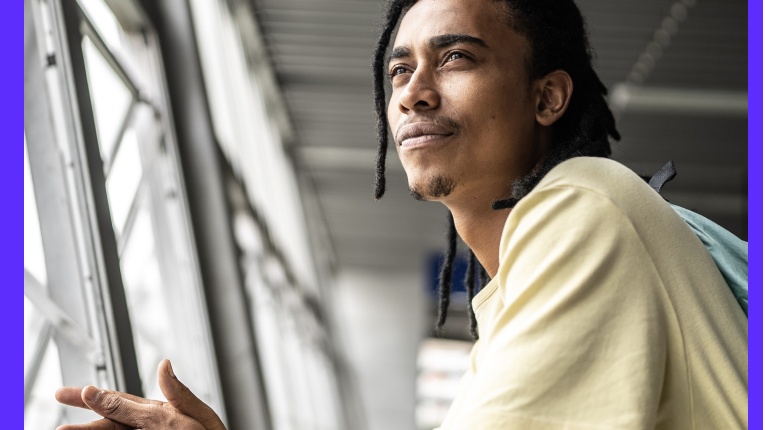 Retail forex development in Latin America
Retail forex development in Latin Americawhitepaper An overview of the economies of forex markets in Latin America and what payment providers need to know to enter the region
By ITPro Published
-
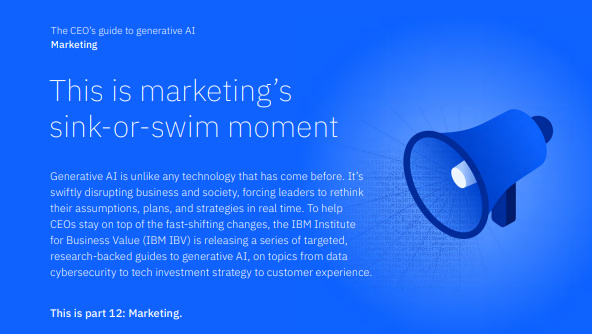 The CEO's guide to generative AI: This is marketing's sink or swim moment
The CEO's guide to generative AI: This is marketing's sink or swim momentWhitepaper Position marketing as the model for generative AI-driven workforce transformation
By ITPro Published
-
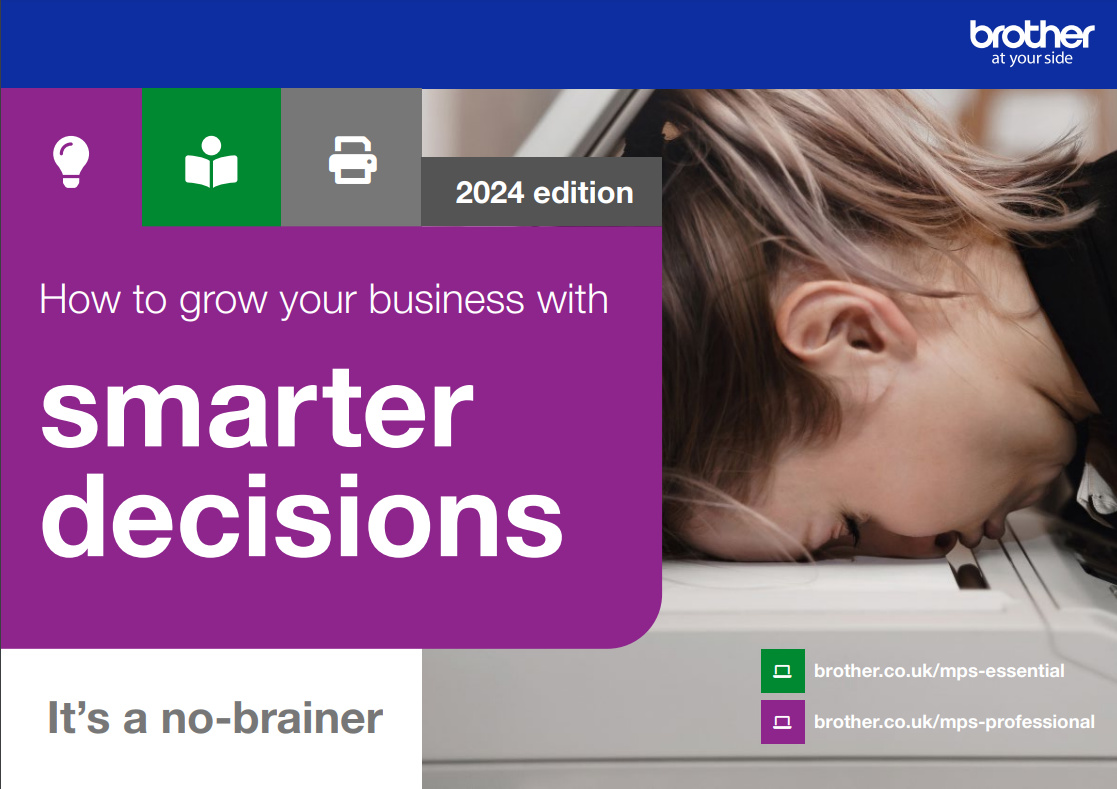 How to grow your business with smarter decisions
How to grow your business with smarter decisionsWhitepaper Introducing changes that generate business growth in the face of economic uncertainty for a stronger, more cohesive future
By ITPro Last updated
-
 AI’s quantified impact on the finance function
AI’s quantified impact on the finance functionWhitepaper Improving process quality, cost, and efficiency
By ITPro Published
-
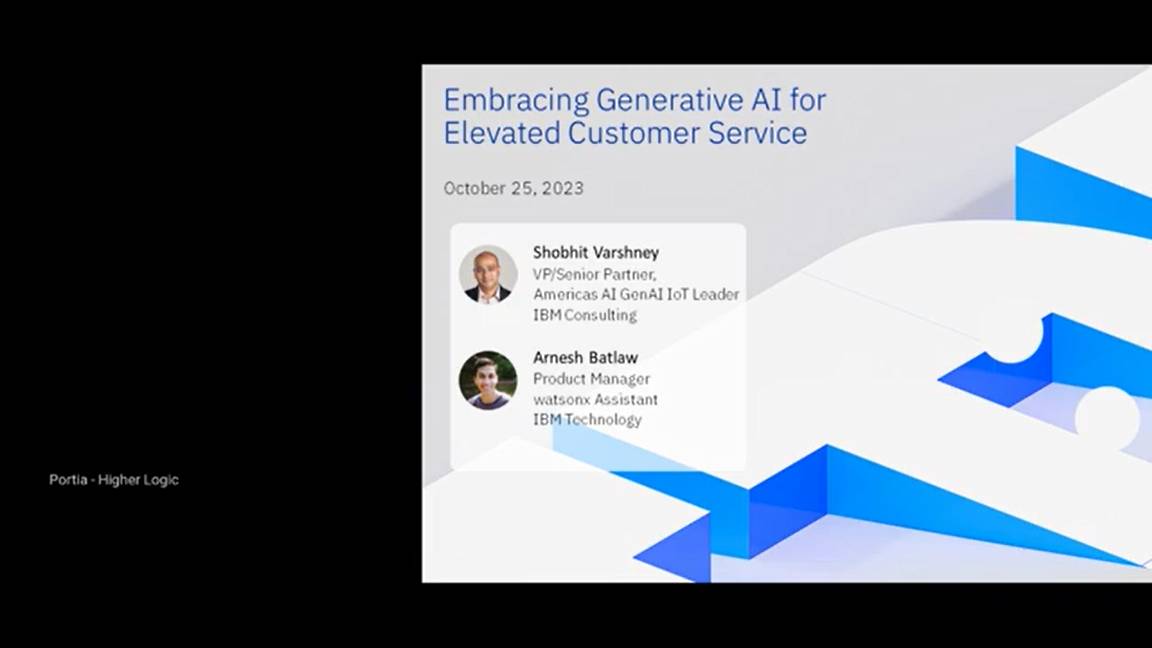 Embracing generative AI for elevated customer service
Embracing generative AI for elevated customer serviceWebinar Find out how generative AI can take your customer service to the next level
By ITPro Published